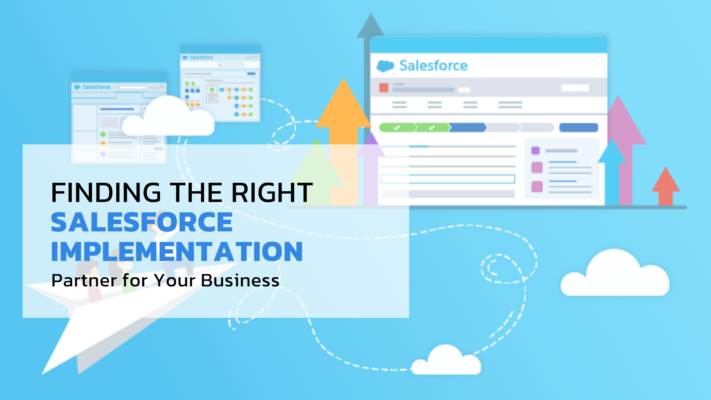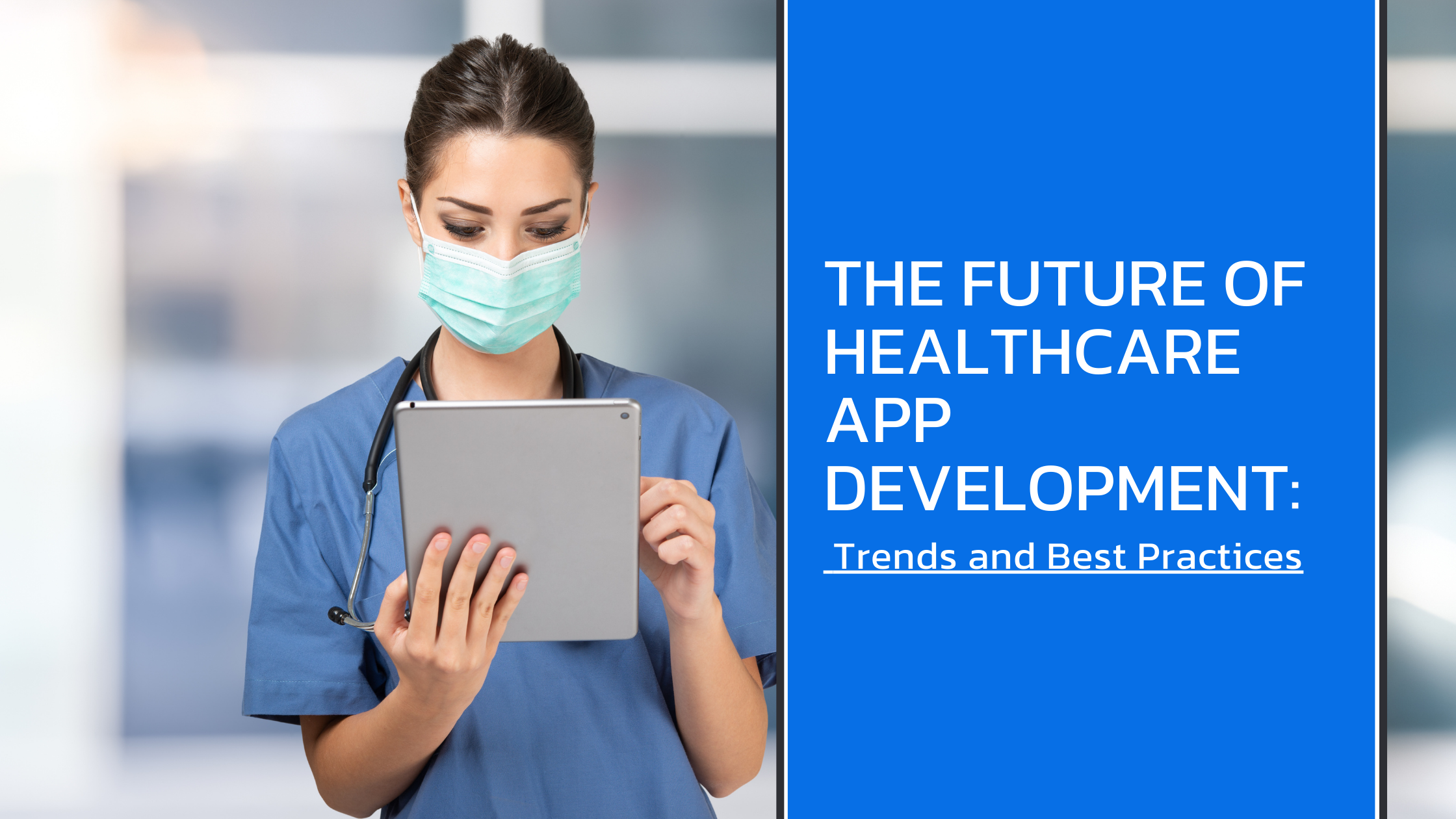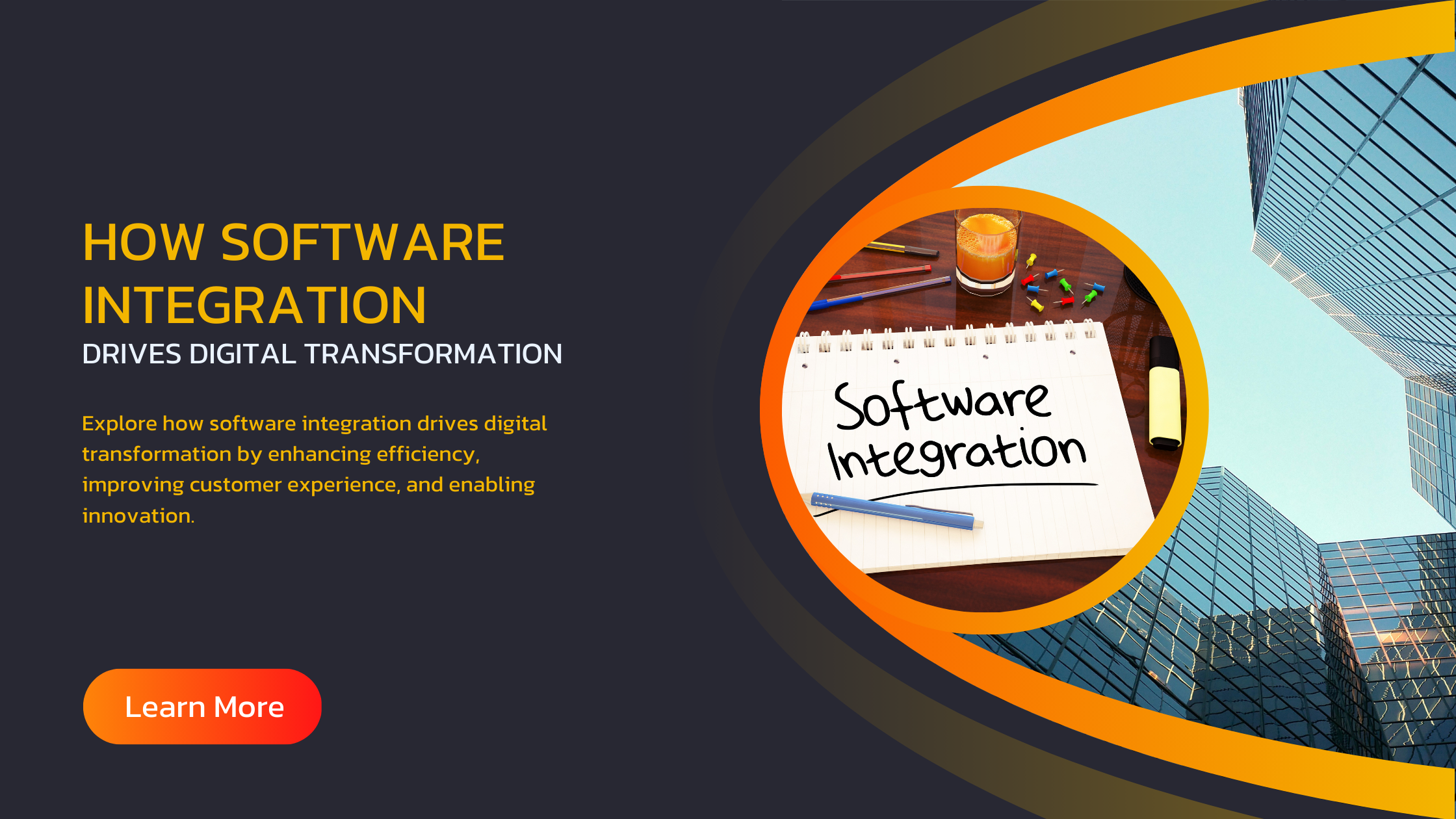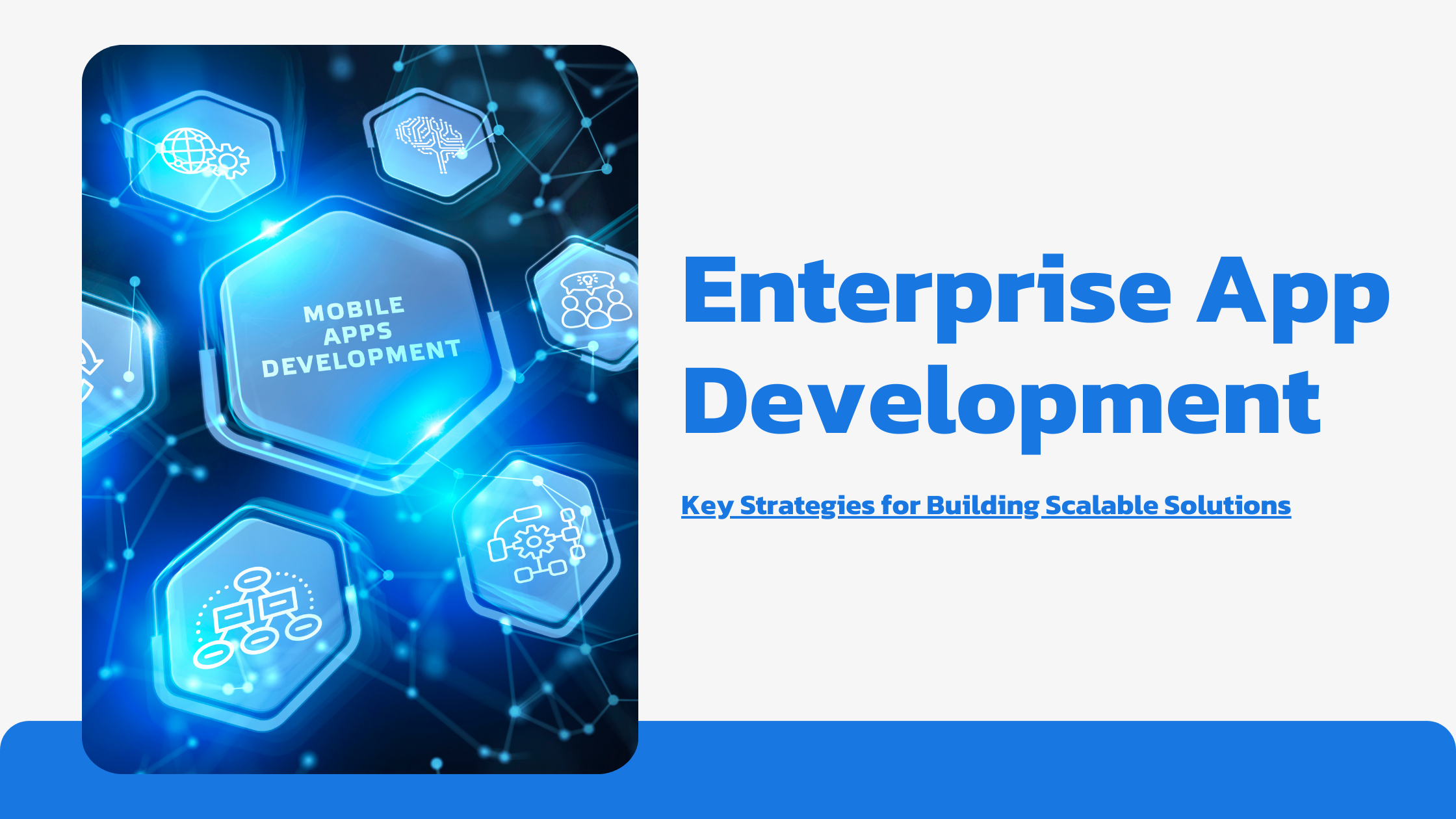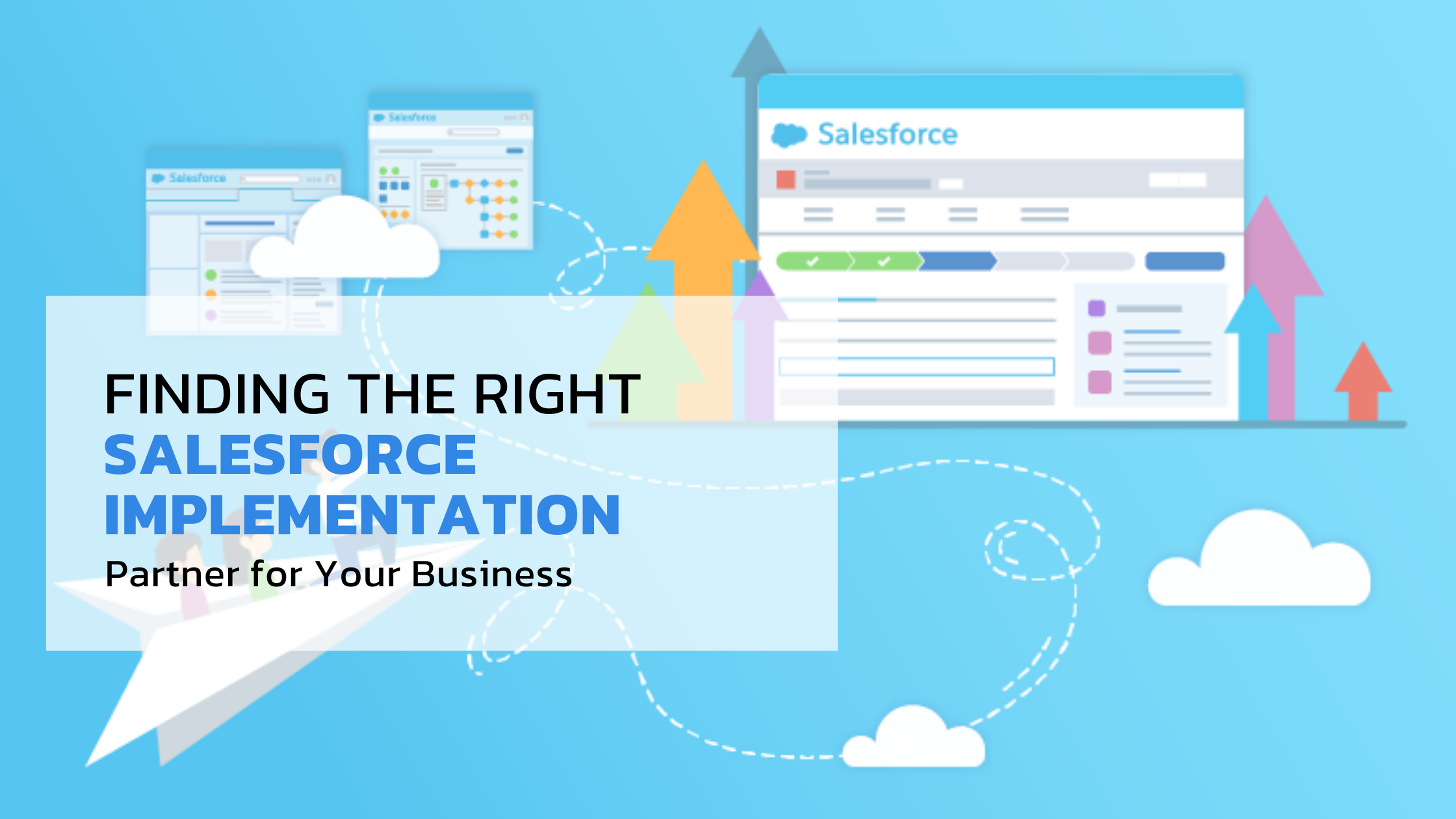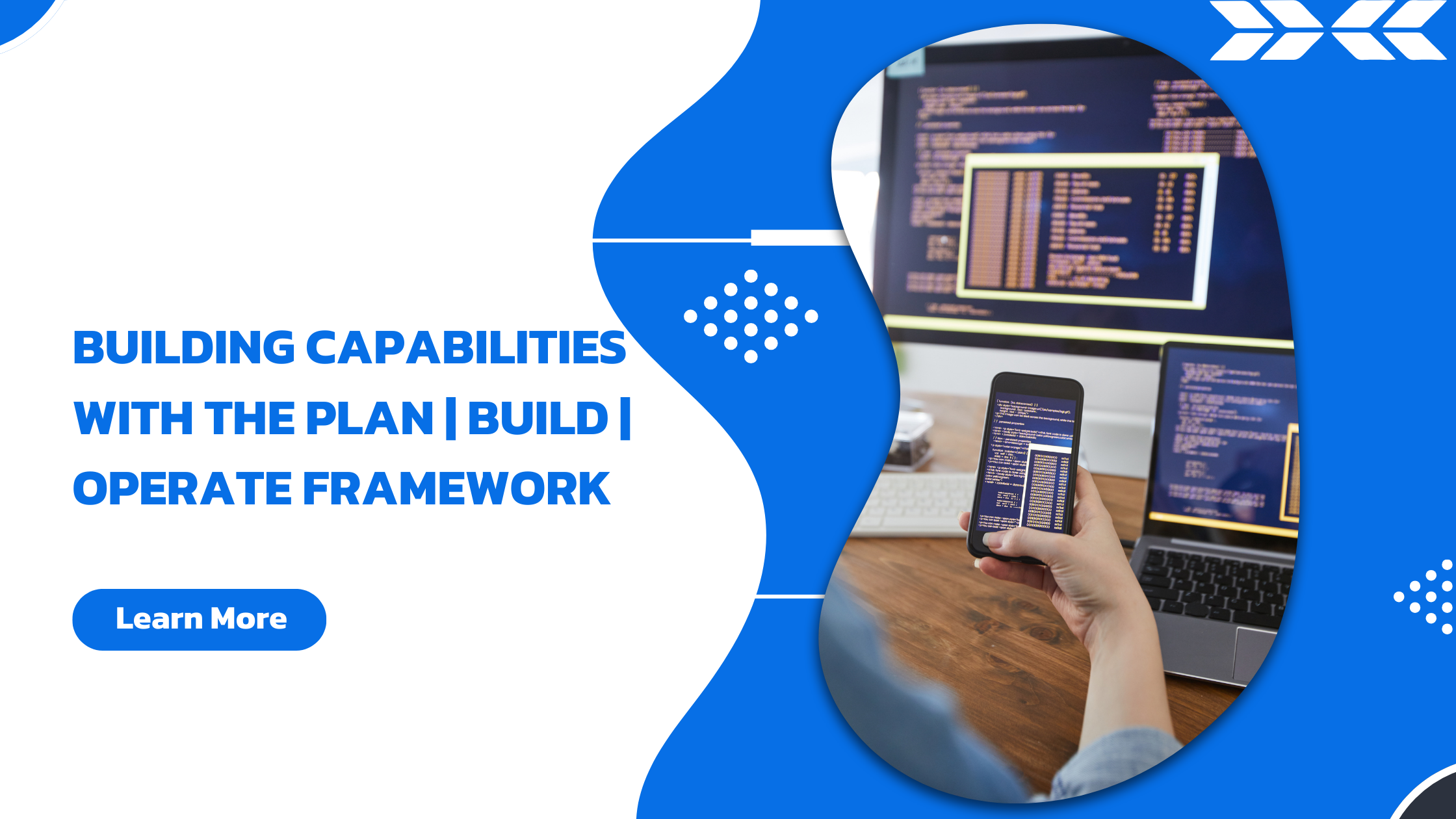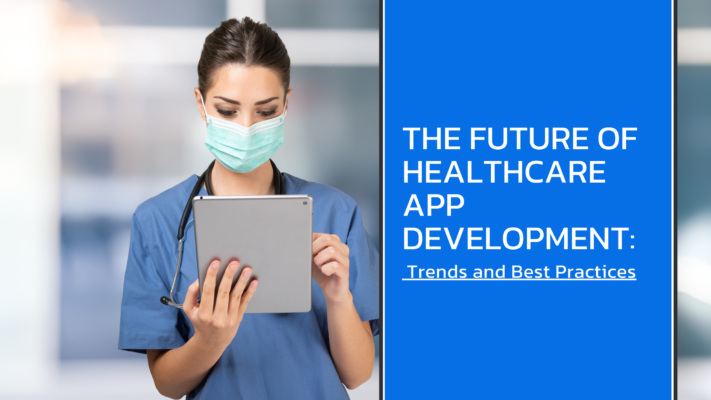
The healthcare sector is rapidly evolving, with technology playing a crucial role in reshaping how patients interact with healthcare providers. Healthcare app development has emerged as a vital component of this transformation, enabling patients to access services, monitor their health, and engage with providers more effectively than ever before. As the landscape continues to change, understanding the trends and best practices in healthcare app development is essential for businesses, developers, and healthcare professionals alike.
This comprehensive guide delves into the future of healthcare app development, outlining key trends, best practices, and technologies shaping this dynamic field. By the end of this article, readers will have a thorough understanding of the current landscape of healthcare app development and actionable insights to help them navigate this exciting industry.
The Importance of Healthcare App Development
The rise of smartphones and mobile technology has changed how individuals manage their health and well-being. Healthcare app development plays a significant role in this transformation, facilitating a myriad of functions, including:
1. Patient Empowerment: Mobile applications empower patients by providing them with tools to manage their health actively. Patients can track vital signs, medication schedules, and appointments, making it easier to take control of their health journey.
2. Enhanced Communication: Healthcare apps facilitate better communication between patients and healthcare providers. Features like secure messaging, telehealth consultations, and appointment reminders enhance patient engagement and ensure timely care delivery.
3. Data Collection and Analysis: Healthcare app development enables the collection of vast amounts of health data. This data can be analyzed to identify trends, predict outcomes, and improve care processes, leading to better patient outcomes.
4. Cost Savings: By digitizing various healthcare processes, organizations can reduce operational costs, streamline administrative tasks, and lower healthcare expenses for both providers and patients.
Key Trends in Healthcare App Development

The healthcare app landscape is continuously evolving, influenced by technological advancements and changing patient expectations. Here are some of the most significant trends shaping the future of healthcare app development:
1. Rise of Telehealth Services
Telehealth services gained immense popularity during the COVID-19 pandemic, and this trend shows no signs of slowing down. Patients now expect the ability to consult healthcare providers from the comfort of their homes, making telehealth a vital feature in healthcare app development.
Healthcare apps are increasingly integrating telehealth functionalities, including video conferencing, appointment scheduling, and remote monitoring tools. The ability to access healthcare services remotely enhances convenience and ensures timely interventions, particularly for patients in rural or underserved areas.
2. Integration of Artificial Intelligence (AI) and Machine Learning (ML)
AI and ML are becoming indispensable in mobile app development. These technologies can enhance the functionality of healthcare apps by providing personalized recommendations, predicting health risks, and analyzing patient data for better decision-making.
For example, AI-powered chatbots can handle patient inquiries, provide information about medications, and guide users through healthcare processes. As AI technology advances, we can expect to see more sophisticated applications that enhance patient engagement and improve healthcare delivery.
3. Emphasis on Health Data Security and Privacy
With the increasing adoption of digital health technologies, ensuring the security and privacy of patient data is paramount. Healthcare app development must prioritize robust security measures, including end-to-end encryption, secure authentication methods, and regular security audits.
Compliance with regulations such as HIPAA (Health Insurance Portability and Accountability Act) is essential for protecting patient information. Developers must stay informed about security standards and incorporate best practices to safeguard sensitive data from breaches and cyberattacks.
4. User Experience (UX) Design Focus
User experience is a critical factor in the success of any app, particularly in healthcare. A well-designed app should be intuitive, user-friendly, and accessible to all patients, regardless of their tech-savviness. Healthcare app development must prioritize UX to ensure patients can easily navigate the app and access the information they need.
Conducting user testing, gathering feedback, and iterating on design elements can help create an app that meets user needs and enhances overall satisfaction.
5. Integration with Wearable Devices
Wearable technology, such as fitness trackers and smartwatches, is gaining traction in the healthcare space. These devices can monitor various health metrics, including heart rate, activity levels, and sleep patterns. Healthcare app development should focus on integrating with these devices to provide a seamless user experience.
Apps that can collect and analyze data from wearables empower patients to take charge of their health and allow providers to gain valuable insights into patient behavior and trends.
6. Personalized Health Solutions
The future of healthcare app development lies in personalized health solutions. Apps that can tailor recommendations and interventions based on individual patient data will likely gain traction. Personalization enhances patient engagement and can lead to better health outcomes.
By utilizing patient history, preferences, and real-time data, healthcare apps can provide customized experiences that resonate with users. This approach fosters a more patient-centric model of care.
7. Gamification in Healthcare Apps
Gamification is a trend that has successfully entered the healthcare sector. By incorporating game-like elements, healthcare app development can motivate users to actively engage with their health. Apps that reward patients for completing tasks, such as taking medications or tracking their fitness, can enhance adherence to treatment plans.
Gamification can make health management more enjoyable and interactive, encouraging users to maintain healthy behaviors and stay engaged with their healthcare.
8. Remote Patient Monitoring (RPM)
Remote Patient Monitoring (RPM) has gained significant traction, particularly as healthcare systems seek to manage chronic conditions and reduce hospital readmissions. Healthcare app development is focused on creating applications that enable healthcare providers to monitor patients remotely through connected devices.
RPM applications can track vital signs, medication adherence, and symptom changes, allowing healthcare providers to intervene proactively. This trend not only enhances patient care but also reduces healthcare costs by minimizing unnecessary in-person visits.
Best Practices for Healthcare App Development
To ensure the success of healthcare app development, it is essential to follow best practices throughout the development process:
1. Conduct Thorough Research and Planning
Before diving into development, conduct comprehensive research to understand user needs, market trends, and regulatory requirements. This planning phase is crucial for identifying the app’s core features and functionalities.
Engaging with stakeholders, including healthcare providers and patients, can provide valuable insights into what users expect from a healthcare app.
2. Focus on Compliance and Security
Ensure compliance with healthcare regulations and standards, such as HIPAA and GDPR (General Data Protection Regulation). Implement robust security measures to protect patient data and maintain user trust.
Regular security assessments, audits, and updates are essential to mitigate risks and safeguard sensitive information.
3. Prioritize User-Centric Design
Develop a user-centric design that prioritizes usability and accessibility. Conduct user testing to gather feedback and make iterative improvements to enhance the overall user experience.
Ensuring that the app is easy to navigate and intuitive for users is crucial for driving engagement and satisfaction.
4. Incorporate Feedback Loops
Encourage feedback from users and stakeholders throughout the development process. Incorporate this feedback to continuously improve the app and address any issues that arise.
Regularly updating the app based on user feedback demonstrates a commitment to user satisfaction and can lead to increased loyalty.
5. Choose the Right Technology Stack
Selecting the right technology stack is crucial for the success of healthcare app development. Choose technologies that align with the app’s goals and provide the necessary scalability and security features.
Consider the long-term implications of your technology choices and ensure that the stack can accommodate future growth and enhancements.
6. Develop a Robust Testing Strategy
Implement a rigorous testing strategy to identify and fix bugs before the app’s launch. Conduct usability testing, performance testing, and security assessments to ensure the app functions smoothly.
Testing should be an ongoing process, with regular updates and iterations to enhance the app’s performance and reliability.
7. Plan for Ongoing Support and Maintenance
Once the app is launched, plan for ongoing support and maintenance. Regular updates, bug fixes, and feature enhancements are essential to keep the app relevant and valuable to users.
Having a dedicated support team can help address user inquiries and issues promptly, ensuring a positive user experience.
Technologies Shaping Healthcare App Development
Several emerging technologies are shaping the future of healthcare app development. These technologies enable developers to create innovative solutions that meet the needs of patients and healthcare providers alike.
1. Internet of Things (IoT)
The Internet of Things (IoT) refers to a network of interconnected devices that communicate and share data. In healthcare, IoT devices can monitor patients’ vital signs, track medication adherence, and collect health data in real time.
Healthcare app development can leverage IoT technology to create apps that integrate with wearable devices and remote monitoring tools. This connectivity enhances patient care and allows healthcare providers to make data-driven decisions.
2. Blockchain Technology
Blockchain technology is gaining traction in healthcare for its ability to enhance security and transparency. By creating a secure, decentralized ledger, blockchain can safeguard patient data and streamline administrative processes.
Healthcare app development can benefit from blockchain by improving data interoperability, ensuring secure sharing of patient information, and enhancing trust in digital health solutions.
3. Cloud Computing
Cloud computing offers scalable and flexible solutions for storing and processing healthcare data. With cloud technology, healthcare app development can provide access to patient information anytime, anywhere.
Cloud-based apps can facilitate seamless data sharing between healthcare providers, improving collaboration and care coordination. Additionally, cloud solutions can reduce infrastructure costs and improve operational efficiency.
4. Big Data Analytics
Big data analytics enables healthcare providers to analyze large volumes of data to gain insights into patient behavior, treatment efficacy, and healthcare trends. Healthcare app development can harness big data to create apps that offer personalized recommendations and improve patient engagement.
By analyzing data from various sources, healthcare organizations can enhance decision-making, optimize resource allocation, and improve patient outcomes.
5. Virtual and Augmented Reality (VR/AR)
Virtual and Augmented Reality technologies are transforming patient education and engagement. Healthcare app development can leverage VR/AR to create immersive experiences that educate patients about procedures, conditions, and treatment options.
These technologies can also enhance training for healthcare professionals, providing realistic simulations for skill development and knowledge acquisition.
Conclusion
The future of healthcare app development is bright, driven by technological advancements and evolving patient needs. As the industry continues to innovate, staying informed about key trends and best practices is crucial for success.
By focusing on user-centric design, compliance, security, and the integration of emerging technologies, developers can create healthcare apps that enhance patient engagement, improve health outcomes, and streamline healthcare delivery.
As we move forward, the potential for healthcare app development to transform the healthcare landscape is immense. With a commitment to innovation and patient-centered care, stakeholders in the healthcare ecosystem can harness the power of technology to improve lives and create a healthier future for all.



